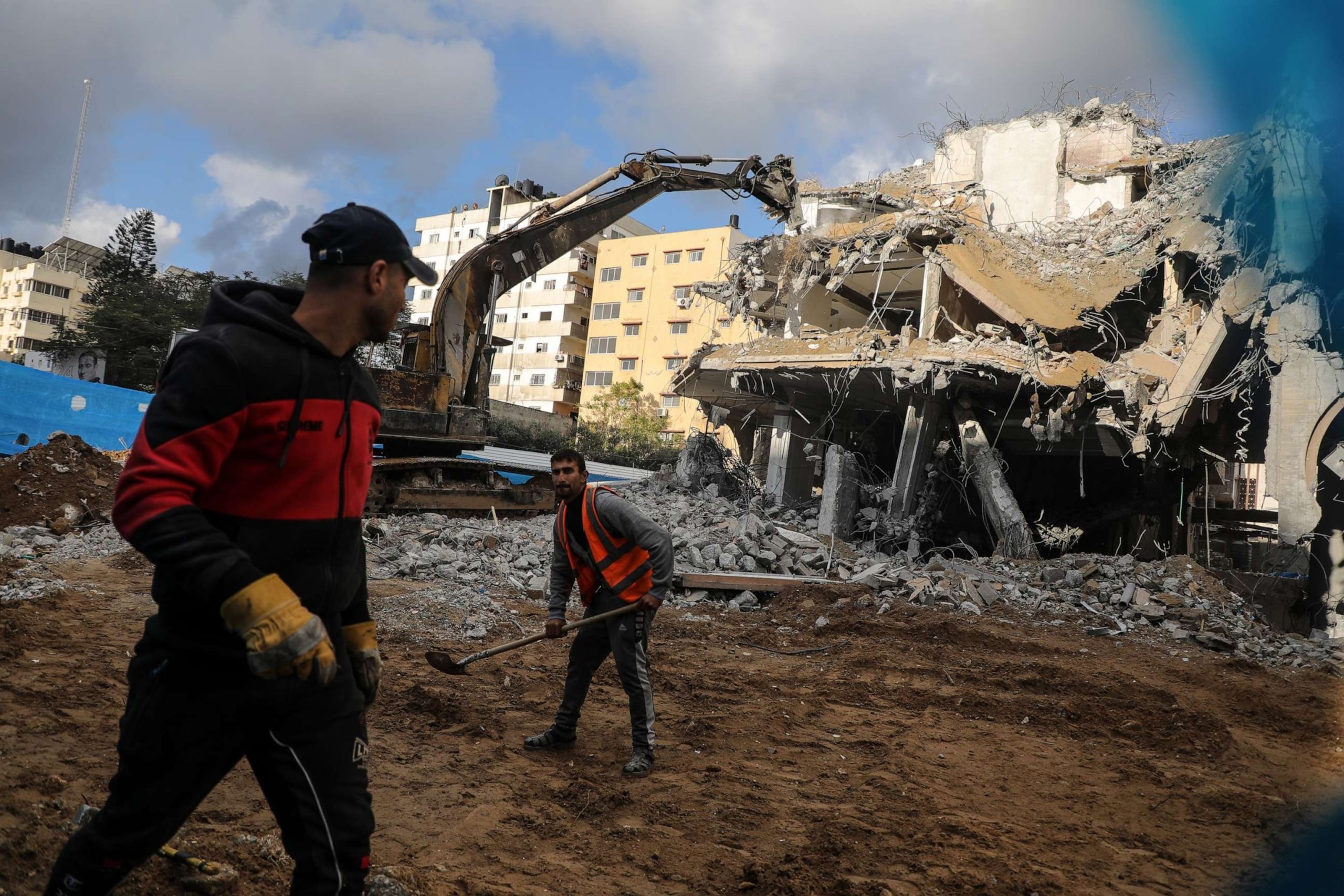Experts Warn of an Imminent Humanitarian Crisis in Gaza due to Food Insecurity and Inadequate Water Supply
The Gaza Strip, a small Palestinian territory located on the eastern coast of the Mediterranean Sea, has been facing a severe humanitarian crisis for years. However, experts are now warning that the situation is reaching a critical point, with food insecurity and inadequate water supply threatening to push the region into an even deeper crisis.
Food insecurity has long been a pressing issue in Gaza, with more than half of the population relying on humanitarian aid for their basic sustenance. The ongoing Israeli blockade, which restricts the movement of goods and people in and out of the territory, has severely limited access to food and other essential supplies. The recent escalation of violence in May 2021 has further exacerbated the situation, leading to the destruction of vital infrastructure, including agricultural land and fishing boats.
According to the United Nations Office for the Coordination of Humanitarian Affairs (OCHA), around 2 million people in Gaza are currently experiencing severe food insecurity, with children being particularly vulnerable. Malnutrition rates among children under five have been steadily rising, reaching alarming levels. The lack of proper nutrition not only affects their physical health but also hinders their cognitive development, potentially leading to long-term consequences.
In addition to food insecurity, Gaza is also grappling with a dire water crisis. The region heavily relies on a coastal aquifer as its primary source of freshwater. However, due to over-extraction and contamination from sewage and seawater intrusion, the aquifer is becoming increasingly depleted and polluted. As a result, more than 90% of the water in Gaza is now unfit for human consumption, posing significant health risks to the population.
The inadequate water supply has far-reaching implications beyond basic hydration and sanitation. It affects agriculture, as farmers struggle to irrigate their crops, leading to decreased yields and economic losses. Moreover, hospitals and medical facilities are also severely impacted, hampering their ability to provide adequate healthcare services, especially during emergencies such as the recent conflict.
The combination of food insecurity and inadequate water supply creates a vicious cycle of poverty and vulnerability in Gaza. Families are forced to spend a significant portion of their income on purchasing expensive bottled water, leaving little for other essential needs. The lack of access to clean water and proper sanitation facilities also increases the risk of waterborne diseases, further burdening an already strained healthcare system.
Addressing the humanitarian crisis in Gaza requires urgent action from the international community. First and foremost, the Israeli blockade must be lifted or significantly eased to allow the free flow of goods and people, including humanitarian aid. This would enable the importation of essential food items and the necessary equipment to repair and improve water infrastructure.
Furthermore, investments in sustainable water management practices and infrastructure are crucial to ensure a long-term solution to the water crisis. Desalination plants, wastewater treatment facilities, and rainwater harvesting systems can help alleviate the pressure on the coastal aquifer and provide a reliable source of clean water for the population.
International organizations, such as the United Nations and non-governmental organizations, play a vital role in providing immediate relief and support to the people of Gaza. They must continue their efforts to deliver food assistance, medical supplies, and water purification systems to those in need.
The situation in Gaza is dire, and time is running out. The international community must come together to address the root causes of the crisis and provide the necessary resources to prevent a further deterioration of the humanitarian situation. Failure to act now will not only lead to more suffering for the people of Gaza but also have far-reaching consequences for regional stability and peace efforts.



